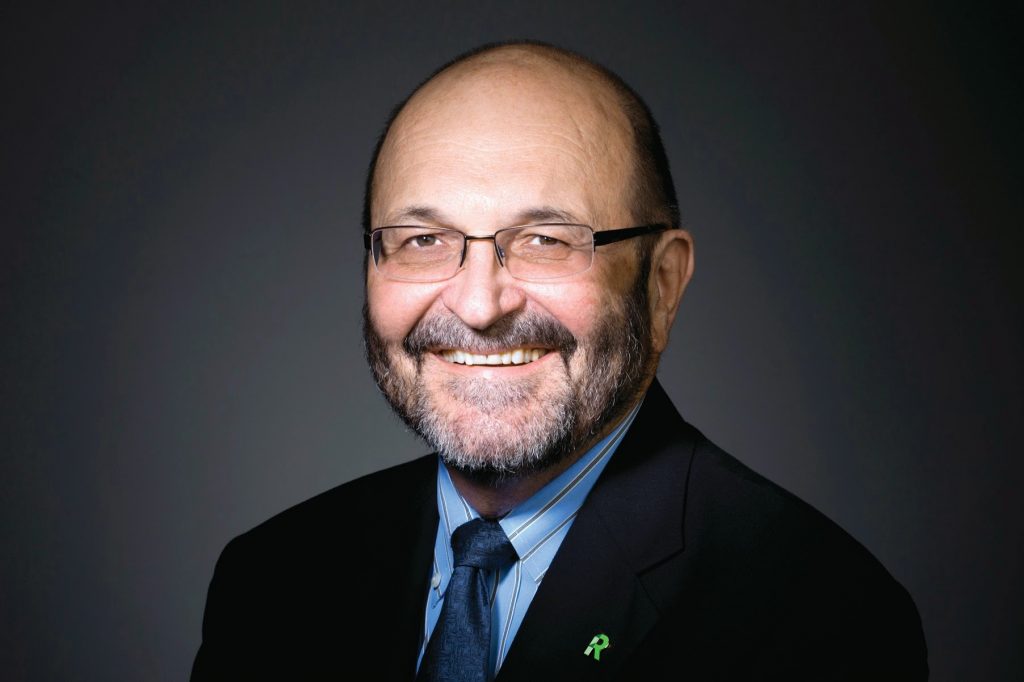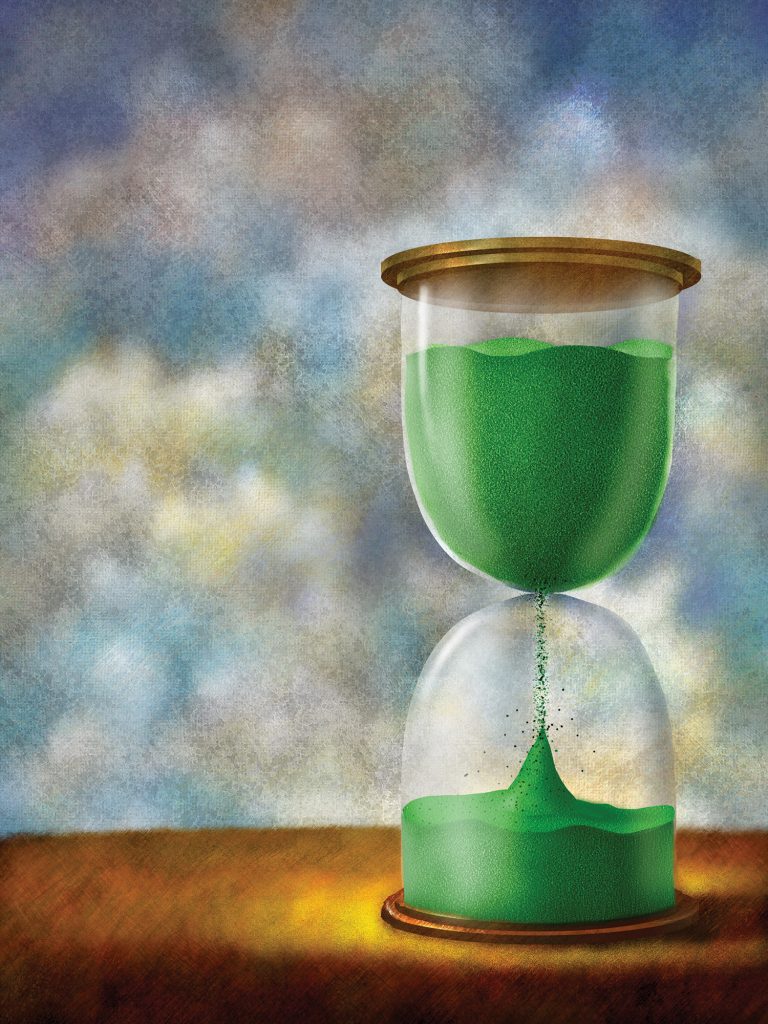We humans love to measure everything in units of time. We do it in many diverse and quite different ways. How long have you been married? How long have you worked at Roosevelt University? How long have you been a Chicagoan? When did you last go to, well, fill in the blank.
All of these and many more similar questions are designed to place our companion into an historical time line. The answers enable us to better understand some key aspect of the life experience of a new friend, a relative, even by inference, ourselves. They certainly help me in knowing more about individual alumni and their experience getting to Roosevelt and then going forward thereafter.
Institutions also yield information when queried in similar ways. I’m really conscious of this truism and how it applies to Roosevelt University as we approach our 70th birthday – or put it another way, the 70th anniversary of our formal creation in the spring of 1945.
In the life of an individual seven decades is worthy of celebration. So, too, in the life of a university. Turning 70 is a major accomplishment for both, though the meanings are naturally quite different. Let me explain.
“In the life of an individual seven decades is worthy of celebration. So, too, in the life of a university.”
Throughout most of human history, while some people always lived a very long time, most individuals did not. The recent past, however, has seen remarkable changes in infant mortality, diet, medical care and other factors that contribute to increased longevity, on average. University faculty everywhere have written extensively about these matters, in the process sharpening our understanding of and throwing light onto pathways to even longer, healthier lives for future generations. Let us hope.
That said, our turning 70 is still a major milestone for all of us. For the government, too, it turns out, as it is the age at which, no matter what else you may be doing, you are required to start drawing your social security payments.
Universities, by comparison, aren’t really all that old at 70. In fact, I’d say that if they were animate, sentient beings, they’d be more or less still pre-pubescent. This lesson is driven home every time I go to the installation of a presidential colleague. The delegates from other institutions line up in their colorful academic plumage in the order in which their institution was founded. Harvard (1636) and The College of William and Mary (1693) always lead the procession and in that order — unless a representative of Oxford University (1086) or the University of Bologna (1088) shows up, in which case international precedence kicks in.
The rest of us line up in descending order of institutional youthfulness. If you look, you will discover me happily towards the end of the line chatting away with colleagues from institutions founded in the 1960s and 1970s, of which there are many, though not so many as were founded before Roosevelt. The line ahead can be very long, indeed.
No matter the age of an institution, however, we all celebrate milestones of accomplishment, be that once a decade if the university’s time line is on a scale comparable to that of a person, or less frequently if the college has already celebrated its centennial.
Thus it has come to pass that in 2014-15 Roosevelt hits another moment for reflection on accomplishments past and on possibilities for the future. You will already know of many celebratory occasions that took place earlier this fall semester as we launched this 70th year. These and other events scheduled throughout the year will be held in conjunction with the 125th anniversary of the Auditorium Building and the opening of our magnificent Theatre on Dec. 9, 1889.
I have noted elsewhere that there are at least two purposes at work on these occasions. First, and most obvious, we use them to look back to past accomplishments. These serve to remind us of the successes of those who came before and of how indebted we are to them for our opportunities today. As an historian I take particular interest in them and am very pleased that our university historian, Lynn Weiner, has just published a book of pictures from our Archives that will help you relive them with us wherever you may be today.
The second purpose of these celebratory occasions, however, is perhaps more important. In them we anticipate our future and remind ourselves of the role we play today as the current stewards of the Rooseveltian legacy. Here the focus is on the present and on answering the more prosaic but still vital questions about who our students should be, what they should study, and how we are going to sustain our finances in these transformational times for higher education in general.
In these purposes, success will depend increasingly on you, the alumni and friends of Roosevelt University. It’s your legacy we seek to pass on. Increasingly, it’s your investment of time, talent and, yes, treasure that will be crucial to sustaining and growing the strength of that legacy in time future.
It’s good work if you can get it. Please join us in doing it.
Chuck Middleton welcomes your comments. Email him at cmiddleton@roosevelt.edu.


Leave a Reply